All Change Makers modules involve team work in large and small groups.
Check out our Wednesday Workout on team work on Tik Tok.
This facilitates the development of key communication, team working and networking skills. It also ensures that you can better capitalise on the opportunity that Imperial Horizons and i-Explore provide for interactions between students studying different degree subjects.
Furthermore, by encouraging interdisciplinary modes of working amongst students, your creative and innovative potential can be enhanced.
Team work is completely different to working on your own
This might sound really obvious, but it is important to remember that team work is not anything like working on your own.
Team work requires a completely different sort of effort, a different approach to communication and negotiation and a different mindset when it comes to completing your work.
Completing a team task should be thought of as:
Social work + Task Work = Success
Don’t forget that the social work aspect of the project or task is actual ‘work’ alongside the doing of the project. In fact, you should expect to focus about half your effort on the team, and half on the work that you need to complete.
What does ‘social work’ mean?
‘Social work’ in the context of your team means paying attention to building relationships with your team mates, showing interest in each other, building trust and respect.
A good guide to developing your team includes:
- Getting to know each other logistically – what geographical or time-zone barriers might there be to collaboration and communication, do your schedules conflict, can you support each other around deadlines
- Getting to know each other professionally – what can each team member contribute from their discipline or personal skill set – what strengths and weaknesses does each team member have?
- Getting to know each other socially – what do you have in common, can you build stronger relationships by sharing interests and ideas outside of your project work?
- Getting to know each other emotionally – how do different people react to different types of challenge and pressure, how can you manage this within your team, how can you support each other and build trust and respect?
If you can pay attention to these different elements you can build a really strong team that can cope with anything
Doesn’t that mean that team work is twice as much work?
No. Because you are working in a team, and the team is more than the sum of its parts, completing a team task should take less effort that completing that same task on your own.
So you should have some spare effort for working on your team. And the more effort you spend working on your team, the more effective and efficient you will be as a team, and the less effort the task will take.
Team work is about managing the to and fro of life. There will be times when one team member is able to contribute more than another, but there will also be times when that same team member cannot contribute as much. How can you support each other and contribute fairly to the tasks that need completing?
What makes a great team?
There are two things that make a great team – managing your strengths, weaknesses and diversity; and good communication.
Diversity of experience, interests and skills makes team work exciting, inspiring and powerful. However, while diversity within the team can be a great strength, it can also be a flashpoint for misunderstanding or conflict. It is a good idea to identify your key similarities and differences within the team in terms of experience, interests, skills, personality and working style before you begin working together. With this knowledge, you can strategise how to harness your diversity as a super power, without it becoming destructive. You can also establish a plan for identifying and discussing any difficulties, which leads us on to the second point – communication.
We are all great at communicating when things are going well, but communicating when things are tricky is difficult. It can be really helpful to map some things out in writing as you begin working together, so that you have a prompt to return to and help guide conversation if things start to go wrong. For example, what needs to be accomplished and when in order for the task to be successful? Break down the task into as many steps as possible. Who has agreed to do what? And by when will it be done? What are your expectations of each other as a team? What are your expectations of the task? What are your hopes?
If you can articulate these things before you begin, you have an incredibly helpful roadmap to follow, and to prompt difficult discussions as needed as you progress.
What if things are going really badly, who can help?
Firstly, it is really important that you talk to your team. If something seems unfair or is annoying you, you might feel like other people don’t care. But you might find that your team mates are not aware of how you are feeling. Often, just starting a conversation about the problem allows everyone to consider their own part in the problem and it can easily be solved.
It might feel awkward to start this conversation with your team, but it is often the best solution.
If you documented a roadmap, plan or list of expectations and hopes at the beginning of the process, you can use this to begin your conversations.
If that doesn’t work for you, or if you don’t feel comfortable approaching your team, please talk to your class teacher. We are very experienced at supporting student teams and have lots of ideas that can help solve the problem.
You might just want to talk to us without us interfering or letting your team know that we have spoken. That is absolutely fine, and we will keep our conversation confidential.
Equally, you might want us to step in and help start a conversation about team dynamics. We are very happy to do that too.
Finally, we do pay a lot of attention to our teams. We are very likely to have already noticed that a team is not functioning at its best. And we might implement a whole class activity to focus attention on team working. We always do this without singling out individuals or particular teams, so you can feel confident that you won’t be under the spotlight.
If team work is so hard, why do we have to do it?
Team work is really hard. But developing resilience and confidence in team working means that team work can be extraordinarily rewarding. Team working will enrich your learning, expose you to different perspectives and approaches and support your learning fitness.
Most importantly, team work is a fact of life. From families to friendship groups to work colleagues. You will be team working every day. Spending some time focusing on how to do this really well will benefit you every single day.
If enough attention is paid to developing your team, you should end up like a family. You will care about each other, want each other to do well and support each other. There is nothing like having a group of people that care about you and want you to do well.
How is team work marked?
Having read this far, you should realise that we really do appreciate how hard team work can be. And how much effort team work takes.
We therefore take this into consideration when designing team tasks. We are very careful to balance the difficulty and time required to complete the task with the effort and time that we expect you to put into developing your team.
No team is perfect – even if all the team members are brilliant, life will get in the way with deadlines, illnesses and other unpredictable factors that might interrupt your team working. We know this. And we expect this.
Therefore we always ask you to complete a team evaluation when you submit any piece of team work. You can let us know about challenges that you faced as a team and how you overcame them. You can let us know how much different individuals contributed to different aspects of the task.
We will ask you to do this as a team, and also give you the optional opportunity to submit your own confidential team assessment (in case you don’t agree with the rest of your team).
We will take all this into account when marking group work, along with our own observations. This might result in marks being adjusted up or down with respect to individual contributions.
We will also take your recommendations as a team. Very often, a team member that knows that they have contributed less, will indicate on the team analysis that they think it is fair if they receive a lower mark than their team, or that a team member that has contributed more deserves a higher grade.
Developing open and honest team relationships means that these discussions and decisions can be conducted amicably and fairly.
Remember, if you have any concerns or worries, speak to your class teacher.
Last updated 3rd October 2023
